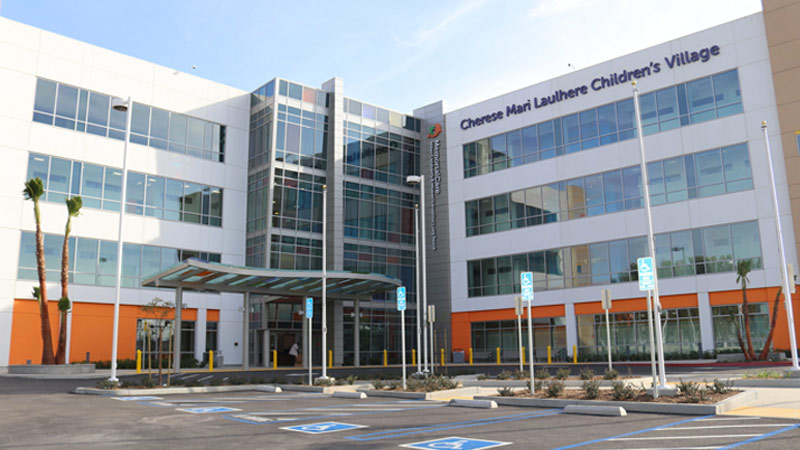Physicians in the Genetics Program, also called geneticists, provide complete diagnostic evaluations for newborns and children affected by a wide range of genetic conditions. Children with birth defects, connective tissue disorders, developmental impairment, intellectual disability, skeletal dysplasias and neurological disorders are all seen in the Genetics Program.
Clinical Assessment
Children are often referred to a geneticist to help diagnose and rule out various genetic causes for a child’s current condition or behavioral development issue. The child’s medical record is needed so the geneticist and the genetics care team can better understand the child’s history.
The parents and child will meet with at least one member of the genetics care team, which includes a genetic counselor, a clinical genetics fellow, and/or a geneticist.
- Upon arrival for the first visit, the child's height, weight and blood pressure will be taken.
- A detailed history will be taken by the genetics care team, including questions about the mother’s pregnancy and birth history. Any information about the child’s developmental history, medical history and family history is very important to help find the appropriate diagnosis.
- After a detailed history is taken and reviewed, the care team will perform a specialized physical exam, including various genetics tests, blood tests, urine tests, X-rays or an MRI.
- A follow-up appointment will be scheduled to discuss the results of any testing ordered and the results of other evaluations. The first visit for new patients typically lasts about one hour and return visits are usually shorter.
Your Care Team
Physicians with special training in clinical genetics for children.
Other Team Members
A professional with graduate training in both clinical genetics and counseling.
Locations & Affiliations
Locations Offering This Program
When You Visit
A genetics care team member will explain the results of the physical exam to the family and child. The main goal of the evaluation is to provide a diagnosis. If a diagnosis can be made, the care team will share what is known about the condition, including the cause, pattern of inheritance, prognosis, recurrence risks, available resources and possibilities for prenatal diagnosis and genetic testing for family members.
Unfortunately, a diagnosis cannot always be made despite the extensive evaluations performed. The care team will share as much information as they have with parents, to help them make informed decisions. A future follow-up visit is recommended, because knowledge of genetics and available genetic testing is always evolving and certain genetic conditions may become clearer with time.


